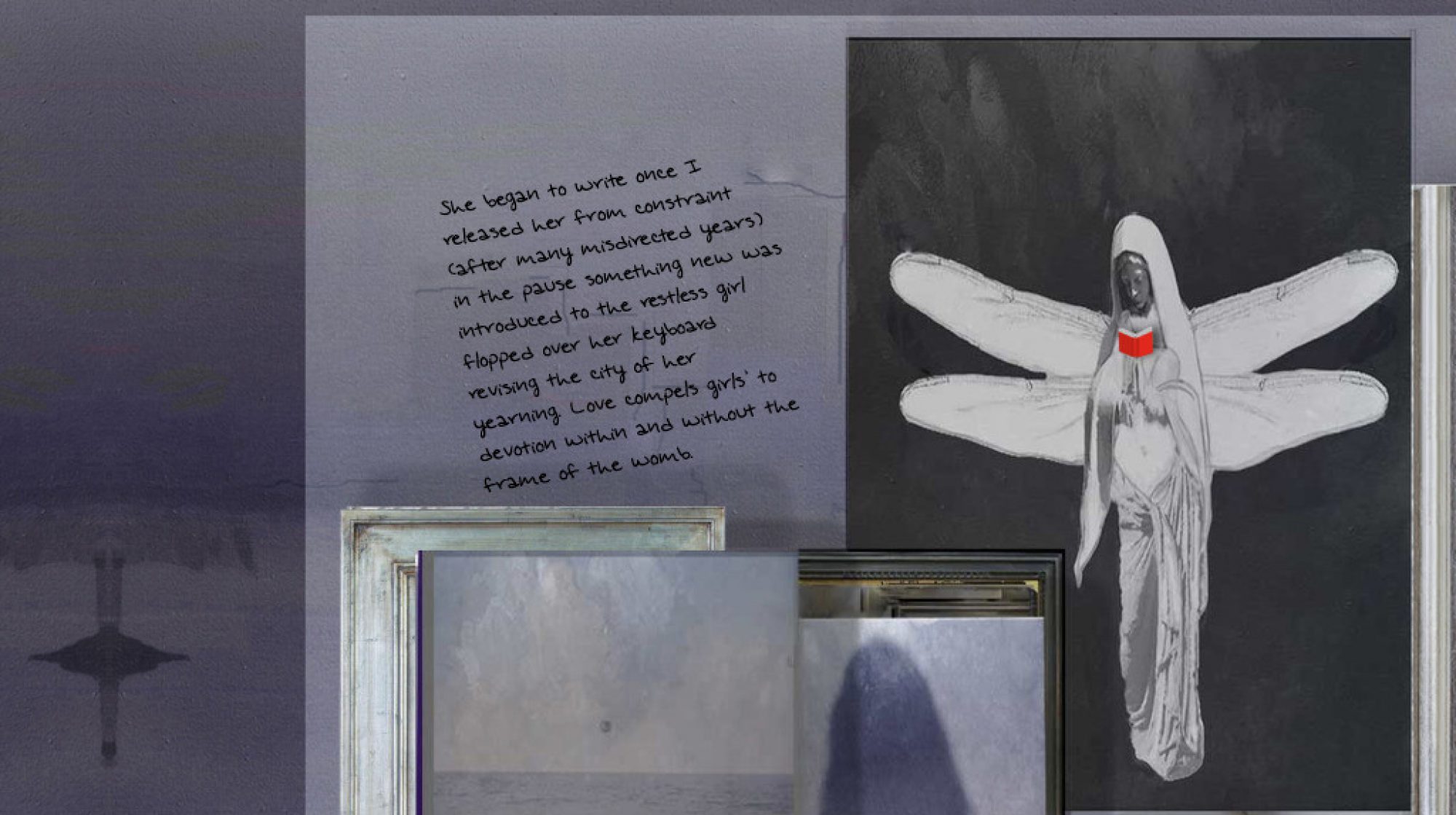Every movement (even an individual voyage) deserves a manifesto.
movement: forming of an idea into a concept for change
Writer/Reader: Process and Reflective Manifesto
To be a writer is to be a reader. That is, if writing in agreed to be a timeless conversation between writer/author/narrator and reader. Narratives are limitless, personal–cultural–class—gendered, literary conversations. Metanarratives are the aspiring author’s incubator and the writer’s ink. The writer is the ubermensch willing to record and playback the cultural stain in its myriad manifestations.
Writer? Author? Reader? Yearn to discover something important on the page, something to make the mind perk up, to listen, for the sound emerging from quiet ruminative narratives.
The writer weaves and unravels (draft upon draft) (revision after revision) the page but unlike Penelope the writer welcomes wooing despite: “The birth of the reader must be at the cost of the death of the Author.” (Roland Barthes)
Communities form movements and movements rise up to form community. Only a handful of holdouts bemoan the anemic work of the author. A literary underground exists in some remote algorithm resigned to, maybe waiting for inevitable collapse, perhaps not a collapse but an opening in the fog. Writers camouflage desires and aversions in nostalgic worlds of good and evil. A boy at a train station enters an alternative world. Alice falls down a rabbit hole. An aristocratic boy wakes up after a long sleep as an aristocratic woman. The real requires replacement of practical illusion.
The solution then is to return to the bohemian days before business dethroned art: The days when, the writer’s pen traveled the page thinking of something more than fans: The day when, analysis, critical thinking, deconstruction, reviving, and dethroning reshuffled the canon: The days when, writers were insurrectionist, performed subversive acts of grammars and structures of representation:
The author performs a function, the writer an activity . . . The author participates in a priest’s role, the writer in the clerk’s; the author’s language is an intransitive act (hence in a sense, a gesture), the writer’s an activity. (Roland Barthes)
Texts are almighty: literary and literal texts create the world as it is known personally and universally in daily destruction and re-creation. The blood of centuries spilt in metanarratives deconstructed in critical analysis. There is the word and the word is (for better or worse) human (if not humane). Yet language, the writer’s core media, is demoted and manipulated by the activity ignorant of manipulation.
It is on the texts of cultural revolutionist Modernists, Postmodernists, Literary Theorists and Feminist Critical Poetics alternative, experimental, and Other innovative texts the Movement For Retro-Literary Texts will focus its attention. It is a call for complex self-conscious moody texts with a foreign perspective absent of slick and slippery verisimilitude.
It is not to suggest the total absence of genre breaking, convention shattering, and critical literary texts but to increase attention on mega publishing by the numbers. The reader, upon opening the cover, is immediately reminded, the story recounts a fabricated world mirroring current events written in plain spoken syntax attributed to Hemmingway contaminated by Funk and White in journeyman (MFA) workshop style. The reader seems to want authors who make believable alternative worlds populated with characters engaged in situations that spice up drudgery, the contemporary version of Greek tragedy, socio-religious spectacle of norms and aberration of norms. And, if the reader demands entertainment why upset the system of mutual reward?
If a void exists it may be an imaginary nostalgic hunger for bohemian dens and drafty unheated ateliers. Maybe it is a desire: The strangeness of something unknowable and discoverable before travel writers mapped hidden locals. Maybe it is the digital death of ignorance and the rise of search engines and social media sharing by “like”. Maybe it is the end of the human and the beginning of the automaton. Maybe it is sheer numbers of human inhabitants (7 billion in 2014 compared to 2 billion one hundreds years earlier). Maybe the only hope is for a few living books sheltered in a wooded community. There are pockets but how long before they are empty?
A comparison with the major events of the 20th century may give hope for a literary renaissance. The Victorian culture seemed intact on the eve of the 20th century. It seemed capable of it surviving hairline cracks in its mighty Victorian façade. But, an assassin’s random shot on June 28, 1914 toppled its imperial-cultural smugness. When everything fell apart the new isms replaced the defeated patriarchy. What is lacking for a next influential literary movement is the belief in the necessity for art that makes havoc and breaks convention as did Modernism and Postmodernism – in hope of the equivalent to Paris in the 1920s or New York from the 1950-1980.
And what is this all about—a literary loneliness, an ache for fine texts of despair and hope of renewal through community. Nostalgia fills gaps, narratives blur what seems to be written and read and lived through breath and locomotion of some missing cultural ingredient.
One hundred years later the power structure is stronger and more resilient. The masses are told to eat cake because flour for their daily bread is endangered. The millennial curse is repetition. The millennial curse is amnesia the word once described what is now a cultural Alzheimer’s
Books 1 year, 8 months ago 0

Hi, this is a comment.
To delete a comment, just log in and view the post's comments. There you will have the option to edit or delete them.
LikeLike